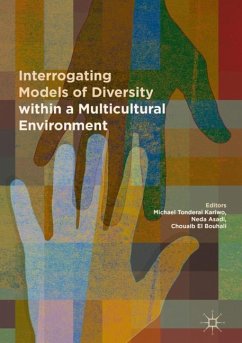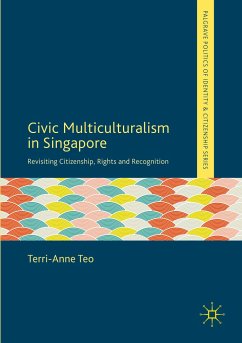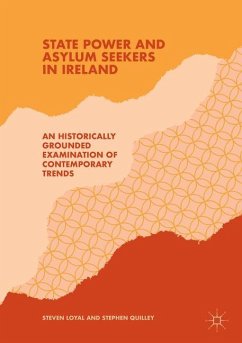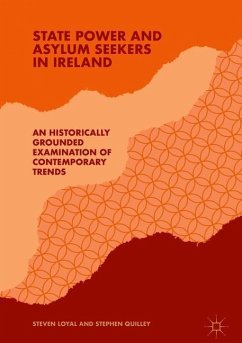
Norbert Elias in Troubled Times
Figurational Approaches to the Problems of the Twenty-First Century
Herausgegeben: Delmotte, Florence; Górnicka, Barbara

PAYBACK Punkte
53 °P sammeln!
This edited collection brings together texts that discuss current major issues in our troubled times through the lens of Norbert Elias's sociology. It sheds light on both the contemporary world and some of Elias's most controversial concepts. Through examination of the 'current affairs', political and social contemporary changes, the authors in this collection present new and challenging ways of understanding these social processes and figurations. Ultimately, the objective of the book is to embrace and utilise some of the more polemical aspects of Elias's legacy, such as the exploration of de...
This edited collection brings together texts that discuss current major issues in our troubled times through the lens of Norbert Elias's sociology. It sheds light on both the contemporary world and some of Elias's most controversial concepts. Through examination of the 'current affairs', political and social contemporary changes, the authors in this collection present new and challenging ways of understanding these social processes and figurations. Ultimately, the objective of the book is to embrace and utilise some of the more polemical aspects of Elias's legacy, such as the exploration of decivilizing processes, decivilizing spurts, and dys-civilization. It investigates to what extent Elias's sociological analyses are still applicable in our studies of the developments that mark our troubled times. It does so through both global and local lenses, theoretically and empirically, and above all, by connecting past, present, and possible futures of all human societies.














